From Hannah:
Fairly early into the pandemic last year, it felt like almost everyone was playing Animal Crossing: New Horizons. (We actually did an entire episode on the relationship between cozy games and what was going on it the world.) In fact, the Nintendo Switch felt impossible to find for most of 2020. And the the end of 2020 saw the release of the PlayStation 5 and the Xbox Series X/S. But while, at least anecdotally, it felt like everyone but me had bought at least one new gaming console last year to deal with being stuck at home, that’s only a part of what I’m going to hesitantly call “pandemic gaming.” As while I might not be part of the gaming console sales figures, I am definitely at least partially responsible for the fact that board game sales increased since the pandemic.
We’ve been in our bubbles for almost a year as I write this. And, at least for me, how and when and with who I play games has drastically changed from a year ago. (Or we just increased what we were already doing.) Some rough trends might include:
Board games for smaller groups: Due to social distancing, there are no longer traditional board game nights with friends and families outside shared housing. (Or, at least, in the same way, but we’ll get to that.) All the games I play or buy now need to be good experiences for one or two players. In fact, I’ve seen quite a few reviews focused on if the mechanics of the game works well for just one or two players. And experiences of playing games that work best with more players (Monopoly or Root) is certainly different and may require modifications. (While I refuse to count puzzles as games, I also recognize how popular they have become and know many people have done puzzle swaps.)
Among Us: I’m just giving this mafia/werewolf in space game it’s own category, due to how its popularity sky-rocketed last year. There’s just something about solving spaceship murders that brings people together. (There are, of course, other group games for casual gamers that have gotten big like the JackBox TV packs on Steam.)
Virtual roleplay of tabletop RPGS: Playing games like Dungeons and Dragons and Good Society virtually has been going since before the pandemic, but it has certainly increased since the pademic. Wizards of the Coast, D&D’s current publisher, even put together a guide of online tools.
Adapting games for virtual game night: While there are online versions of games like Catan or Codenames, families have also found creative ways to play together over Zoom or another platform using their analogue versions of the games. Also parlor games.
Virtual trivia nights: All the fun of bar trivia, without having to leave your couch.
Regular game nights: While game nights were a regular part of some our weeks, for others they’ve now become a consistent way to connect during the pandemic. And the frequency and diversity of who we play with may have changed as well. I didn’t play games with my family virtually before this, and never did I think how much being violently murdered on spaceship would mean to me.
This isn’t an exhaustive list, of course. Everyone’s pandemic gaming experience has been different, and we’d love to know how gaming has changed (or not) for you. Do you have any games you’ve found are particularly adaptable to virtual play? What are your favorite single-player board games? What games do you want to play, but just don’t work without a large group of people? And am I the only one who has spent too much money on Kickstarter?
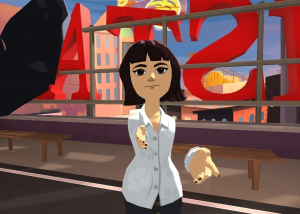
From Katya:
There’s more to the growth of gaming we’ve seen (in the video game industry, as much as 20% in 2020) than “we’re bored,” although that’s certainly part of it. We’ve discussed in various episodes how gaming fulfills several roles in the pandemic media ecosystem: an outlet for frustration, escapist comfort, and alternative (safe) forms of socialization that aren’t stuck in the alienating Zoom window.
These functions are supported because games are interactive systems governed by rules. The structure of rule-bound systems allow players to construct meanings and experience a certain amount of predictability and control. There are defined outcomes, whether they are player defined, as in Animal Crossing or Minecraft, or game defined, like in Monopoly. How these manifest differs based the affordances of a particular game but gaming in general offers a combination of challenge, predictability, and meaning that few other mediums replicate. I suspect that it may be easier for some to enter a flow state, that feeling of being “in the zone” historically known in game studies as immersion, with gaming than some other media forms because of the way these systems maintain our attention through our active participation but that’s a conversation for the episode.
From Mav:
True story… my wife found our copy of the board game Pandemic and said “we should play this” and sat it down on the fireplace in our bedroom… the week before COVID lockdown began. It’s still sitting there.
From Katya:
Tune in to hear us psychoanalyzing THAT on the show.

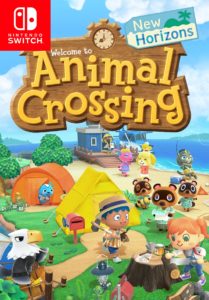
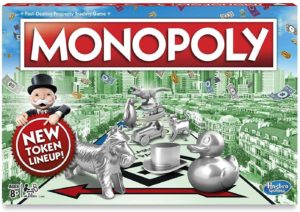
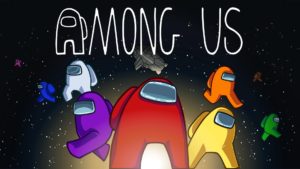
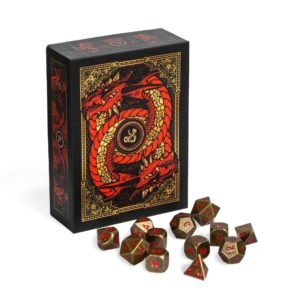
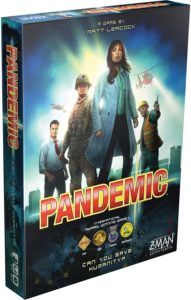


The biggest loss I’ve felt socially during this pandemic has definitely been in my gaming circles. It was only in the fall of 2019 that I had been talked into once more picking up the hobby of playing in a LARP for Vampire: the Masquerade. We still try to keep that going via Discord, but it hasn’t been a popular choice and as such the Discord games have had few participants. I also frequently attended a weekly game night some friends hosted. We tried playing Codenames over Discord a couple times, and it mostly worked, but that’s really been about it from that particular group. On the other hand, with the absence of our Vampire LARP some of the other players talked me into running a D&D game over a combination of Discord and Roll20. And just this past weekend I joined in another game using those same tools, this time as a player. And then there’s Among Us… so much good when playing in a Private room and using voice chat, so much bad dealing with the immaturity frequently found in Public lobbies. Still, it’s been a real fun way to waste time. I’ve even enjoyed watching it streamed on Twitch (Felicia Day and the cast of The Guild play most Sundays and it’s rather hilarious watching them bicker and gaslight each other). My high school graduating class even organized a few private games which have been a fun way to game with friends spread across the globe and catch up with some old friends I hadn’t talked to in more than 20 years. Still, for as much as I’ve tried to make the most of the online options for gaming, and might even maintain some such as playing D&D online post-pandemic, nothing beats actually dressing and acting as my character in a LARP or sitting around a table with friends to play the newest boardgames.